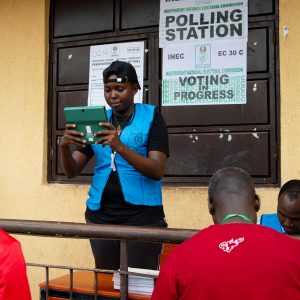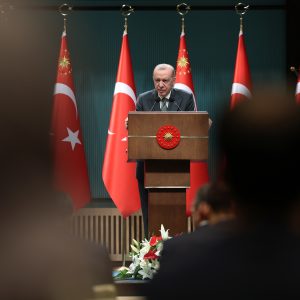India withdraws key transit route for Bangladesh amid rising tensions
Dhaka’s access to Indian land customs for third-country trade curtailed as political strains mount
NEW DELHI, India (MNTV) — India has revoked a key transit facility that allowed Bangladesh to ship export cargo to third countries via Indian territory, signaling growing diplomatic tensions between the two South Asian neighbors.
The facility, in place since 2020, enabled Bangladeshi goods to reach destinations such as Bhutan, Nepal, and Myanmar through Indian land, air, and sea routes. But a notification issued by India’s Central Board of Indirect Taxes and Customs (CBIC) on April 8, 2025, declared that no new consignments would be allowed under this scheme, though cargo already in transit would be permitted to exit under the old arrangement.
However, India’s Ministry of External Affairs later clarified that the decision would not affect shipments destined for Nepal and Bhutan, countries that depend heavily on overland trade through Indian territory.
The rollback follows a statement made by Bangladesh’s interim Chief Advisor Muhammad Yunus during a visit to China from March 26 to 29. Yunus described India’s Northeast as “landlocked” and referred to Bangladesh as “the only guardian of the ocean for the entire region.” The remarks, though downplayed by Dhaka as being made in good faith, were widely interpreted in New Delhi as a bid to assert strategic leverage over India’s access to its northeastern states.
Indian concerns were further heightened by reports that Bangladesh plans to revive a British-era air base at Lalmonirhat, near India’s sensitive Siliguri Corridor, with assistance from China. Work on the base could reportedly begin as early as October.
The move also raises legal questions under World Trade Organization regulations, which obligate member countries to ensure the free transit of goods to and from landlocked nations. Bangladesh serves as a critical link for India’s access to landlocked Bhutan and Nepal, making transit cooperation a cornerstone of regional trade.
Relations between the two countries have deteriorated since Nobel Peace Prize laureate Muhammad Yunus replaced Sheikh Hasina as head of Bangladesh’s caretaker government in late 2024. Hasina, once a close ally of India, is now residing in India while facing criminal charges in Dhaka. Her refusal to return has added further strain to bilateral ties.
Indian Prime Minister Narendra Modi met Yunus for the first time at the BIMSTEC summit in Bangkok last week, but the meeting yielded no immediate breakthroughs.
The timing of India’s policy shift coincides with growing trade uncertainty in the region. The United States recently imposed tariffs on both India and Bangladesh, adding pressure to economies already grappling with inflation and tightening foreign reserves. Last year, bilateral trade between India and Bangladesh reached $12.9 billion.
Analysts warn that escalating political tensions could disrupt not only bilateral trade but also broader efforts at regional connectivity and energy cooperation.










